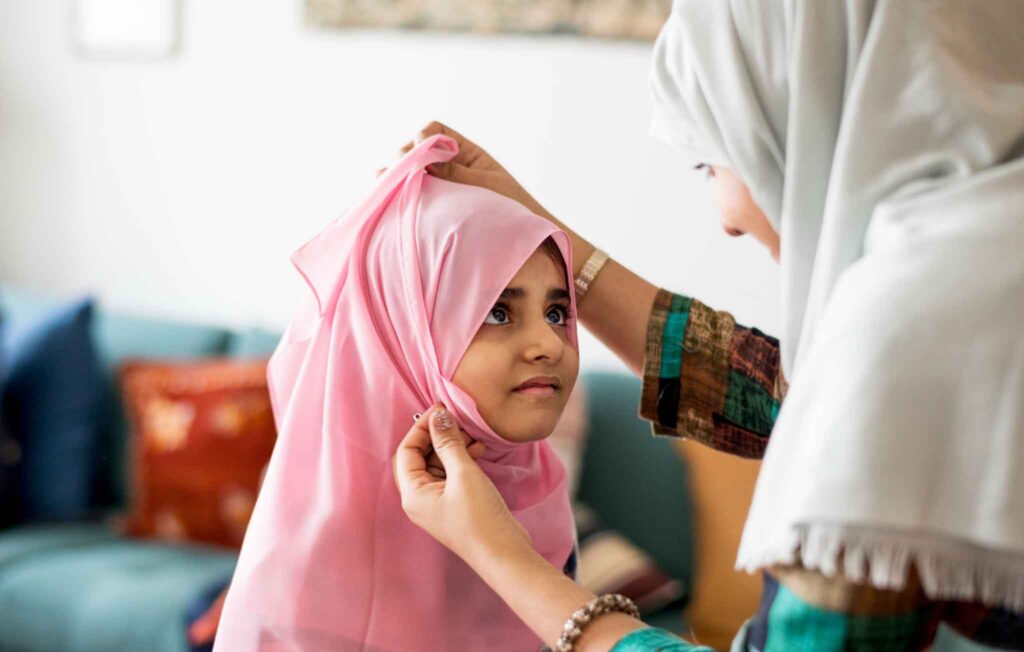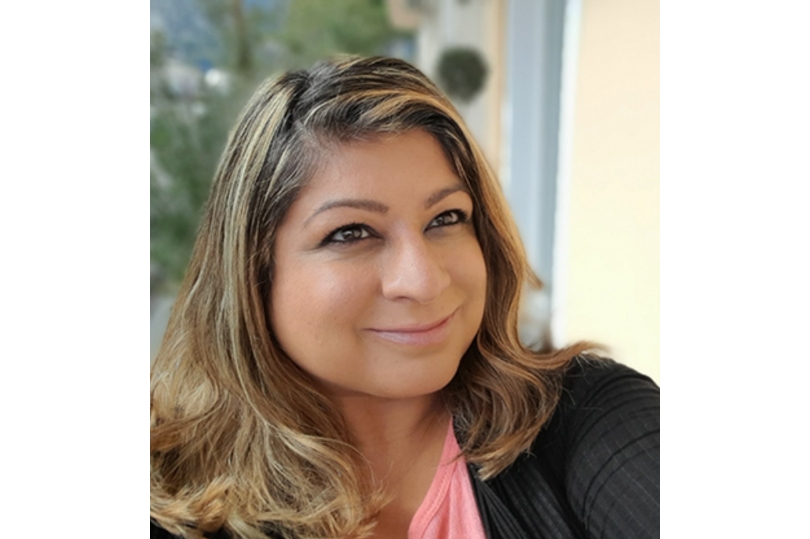The UK care system is facing a crisis. With over 107,000 children currently in care and the number of available foster carers and adopters in sharp decline, vulnerable young people are being left without the stability and support they desperately need.
A new report by leading think tank Equi, titled Faith, Family and the Care System: A Missed Connection?, warns that an overlooked but vital factor in the conversation around child welfare is faith.
Drawing on landmark new polling in collaboration with Savanta, as well as interviews and case studies from across the nation, the report concludes that while ethnicity and culture are often considered in placement decisions, faith remains systemically ignored with damaging consequences for children, carers, and long-term social cohesion.
Also, faith plays in important role in British Muslim communities as a protective barrier to prevent family breakdown, through a strong culture of kinship and community-based care, saving the state nearly £310 million a year.
Professor Javed Khan OBE said: \”Faith isn\’t just a personal belief for many children, it\’s a source of identity, resilience and stability. Our care system needs to reflect that.”
Among the key findings was that while 73% of British Muslims and 40% of the wider public say faith shaped their identity growing up, current policy fails to consider religious background in care placements. The removal of faith matching in 2014 has led to identity conflicts, emotional distress, and placement breakdowns.
Despite making up 10% of under-18s in England, Muslim children account for only 4.8% of those in care. This reflects strong community support but also highlights the need for policies that value and work with faith-based networks.
British Muslims are 63% more likely than the general public to consider fostering, but 59% fear discrimination. Many report cultural misunderstanding, bias in assessments, and a lack of faith-sensitive placements.
Over 5,500 Muslim heritage children are in formal kinship care, saving the government an estimated £223 million a year. Thousands more are supported informally, rooted in Islamic teachings on care for the \’yateem\’ (orphaned children).
Young people from faith backgrounds leaving care often feel disconnected from both the care system and their communities. Faith based mentoring and support networks can help bridge this gap, providing vital transitional support.
Equi asks the government to:
- Record faith heritage in care records alongside ethnicity.
- Include consideration of faith in placement decisions to ensure children\’s identities are respected and supported.
- Embed faith literacy training in social worker education.
- Partner with faith-based charities to recruit and support more carers.
- Invest in faith-sensitive transitional housing (gap homes) and mentoring for care leavers.
\”This report isn\’t just about British Muslims – it\’s about the 40% of children for whom faith is part of who they are,\” said Professor Khan. \”It\’s not about bringing faith into policymaking in an ideological sense. But, rather, it\’s a wakeup call that ignoring faith ignores peoples lived realities, it harms vulnerable children\’s sense of belonging and increases instability in care placements. The system must become more inclusive, fair and ultimately more effective.\”
As the UK grapples with growing numbers of children in care and a shrinking pool of carers, this report offers a compelling blueprint for unlocking untapped resources and establishing a more resilient, culturally competent and cost-effective care system which recognises faith as a strength, not a challenge.
Equi is a pioneering, non-partisan UK think tank dedicated to developing evidence-based public policy for a just and prosperous society. Founded to amplify British Muslim insight to the benefit of UK public policy, Equi works on issues affecting all communities, fostering justice, inclusion and equity.
Powered by
Asian Connect &
Business Connect




